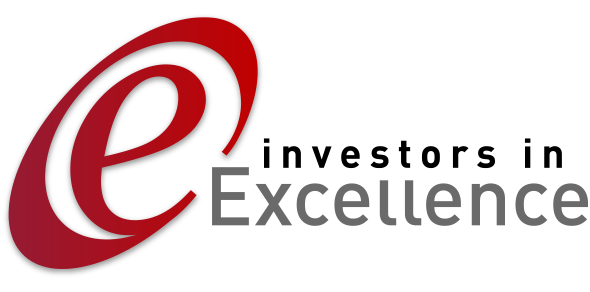 Managing change is a challenge that organisations face is the want to develop what they do. Staying the same will allow stability for a while, but there is a danger that the outcome of too much inertia will lead to stagnation. Does your organisation have time to deal with change in an effective manner?
Managing change is a challenge that organisations face is the want to develop what they do. Staying the same will allow stability for a while, but there is a danger that the outcome of too much inertia will lead to stagnation. Does your organisation have time to deal with change in an effective manner?
The need for change will be felt as an organisation grows and matures (or contracts, and perhaps even reaches the end of its existence), and the most effective way to approach dealing with the issues it raises, is to have a robust approach that is built around a proven framework and processes.
When change is addressed, the metric of measurement is often that of performance, and the outcomes of areas of operations and activities will be closely examined.
How are your Leaders involved in managing change?
Directors, managers, department heads, and team leaders will all be affected by change, and they will often be the ones charged with implementing required adjustments tot he way in which your organisation operates. The should be of the correct calibre to achieve the desired results, and need to ensure that the time capacity exists for the completion of necessary actions.
How are your People involved with managing change?
Change succeeds more easily if you involve your people as early as possible in the transformation process. People will support and even lead the change if you recognise their skills and capabilities in relation to the project in hand. The people who do the job on a daily basis will normally be best placed to point out and avoid pitfalls, and thus save valuable time and effort in introducing the change.
How are your other Stakeholders involved in managing change?
This group can include
- Customers
- Suppliers
- Regulators
- Owners
- The Public
Many of the stakeholders above will be ready, and often willing, to assist in the management of change that your organisation is seeking. they frequently recognise that they may well benefit as much as your organisation will in the long term.
IiE’s Business Improvement Toolkit will enable you to identify and understand:
- Your core and support processes
- The roles and responsibilities required for effective process management
- How to operate and improve processes to achieve efficient, effective and excellent ways of working
Our tools and approaches are designed to offer practicality and flexibility to ensure maximum benefits are obtained.
